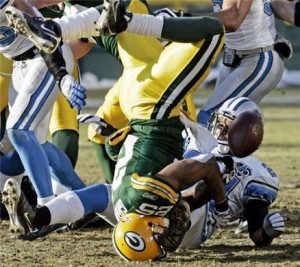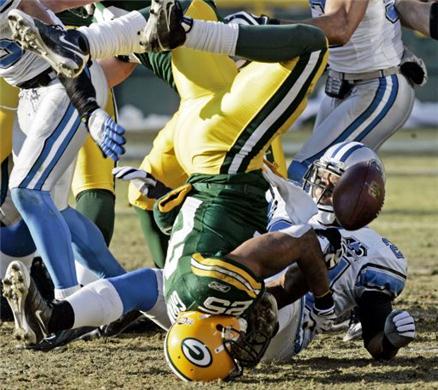Dear Sports Fan,
One thing I’ve never understood about sports fans is why they seemed to be obsessed with injuries? Why do sports teams even report injuries?
Thanks,
Rhea

— — —
Dear Rhea,
Like many artifacts of sports culture, the reporting of injuries has historically been driven by gambling. Sports and gambling have a long and curious symbiotic relationship and even omnipresent elements of sports like the injury report often have gambling origins. An injury can affect a player’s performance and therefore the outcome of the game. Information about which players are injured therefore is helpful if you are predicting what will happen in a game, which is essentially what sports gambling is. In the major American professional sports leagues, teams are required to give information about their players’ injuries to the press. I always believed that this was evidence of the hypocrisy of the leagues. How can you claim to be anti-gambling when you require teams to publish information that is only really useful to sports gamblers? In fact, this is only partially true. The requirement of reporting injuries began in the late 1940s as a response to a plot to fix the 1946 championship game. Then NFL commissioner, Bert Bell, figured that publishing who might not play in a game or who was likely to play at less than 100% effectiveness was a good way to prevent gamblers or bookies from profiting from inside information.
Fantasy football is a form of sports gambling and is similarly, if not more, obsessed with injury reports. Fantasy owners pay very close attention to the injuries of their players. Because of how fantasy football works, owners get a chance each week to choose from among the players on their team those who they think are going to perform the best. Injuries to their players or to players who affect their players, like the quarterback who throws the ball to one of their wide-receivers or the linebacker whose job it is to hit their running back go a long way to helping decide whose stats to have count each weekend.
Injury reports have their own peculiar vocabulary. Here’s some of the common words and phrases and what they mean:
- Probable — if a player is probable, he’s almost definitely playing. The team is either following the requirements and reporting that the player did not practice because they are suffering from some minor ailment or the team is trolling the system by obscuring real injuries with fake injuries to avoid giving their opponents the advantage of knowing who is actually hurt. This is a classic move of Bill Bellichick and the New England Patriots who once listed quarterback Tom Brady as probable for a few years despite him not missing a game.
- Questionable — this designation is the only one that’s legitimate. A player listed as questionable might play or might not.
- Doubtful — a player who is doubtful for a game is almost definitely not playing, the team just isn’t willing to admit it yet. According to this article about how bookmakers should use injury reports, only 3% of NFL football players listed as doubtful, play.
- Out — nothing to see here, a player listed as out is definitely not playing in the upcoming game.
- Upper/Lower Body Injury — Searching for a way to avoid exposing injured players from being targeted by their opponents, hockey teams are now only required to release whether an injury is an “upper body” or a “lower body” injury. This is silly in an era when players can watch replays of plays that happened five seconds ago or five months ago equally easily on team ipads.
- (body part) — In sports that do give a little more specific information about where the injury is located than hockey does, you’ll often see this: Player Name, Probable (knee). This has led to the convention of announcers saying that a player is “out with a knee.” Sports columnist Bill Simmons has been poking fun at this convention for years.
- (neck) — In the past few years there has been an increasing understanding of the seriousness of head injuries, particularly concussions. As a result, I believe that teams have started defaulting to the neck when reporting any head injury when they are not absolutely sure it is a concussion. Calling an injury a neck injury instead of a concussion allows the team more freedom in how and when the player returns to play. Crooked and dangerous but true.
One last thing to think about when it comes to injury reports is that they are evidence of how cooperative sports truly are. Sports has the reputation of being a refuge for the extremely competitive but the sharing of injury reports belies that to some extent. If the Jets were really trying to put the Dolphins out of business, they wouldn’t tell them about their injuries on their offensive line before playing them. Sports teams are at least as much collaborating with one another to make a communal profit within agreed-upon guidelines of behavior as they are competing to win at all costs.
Hope this has answered your question,
Ezra Fischer

